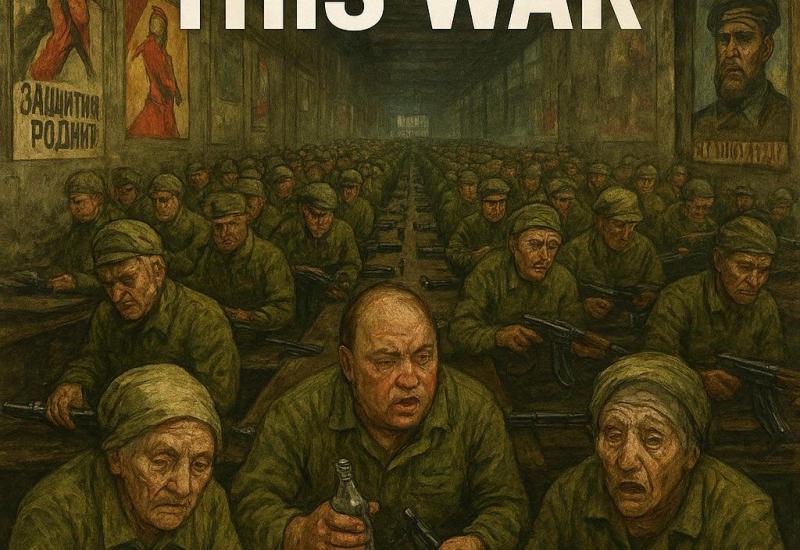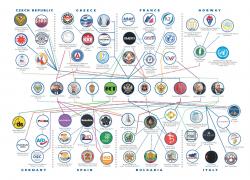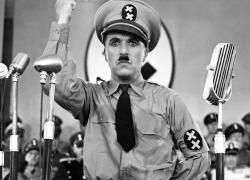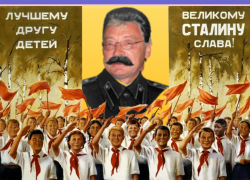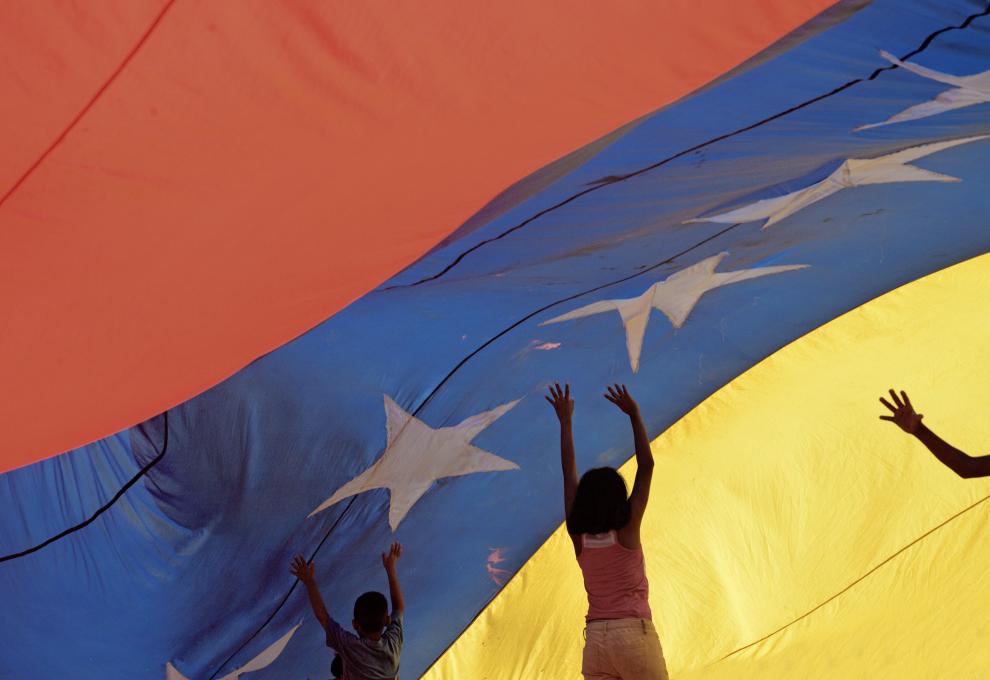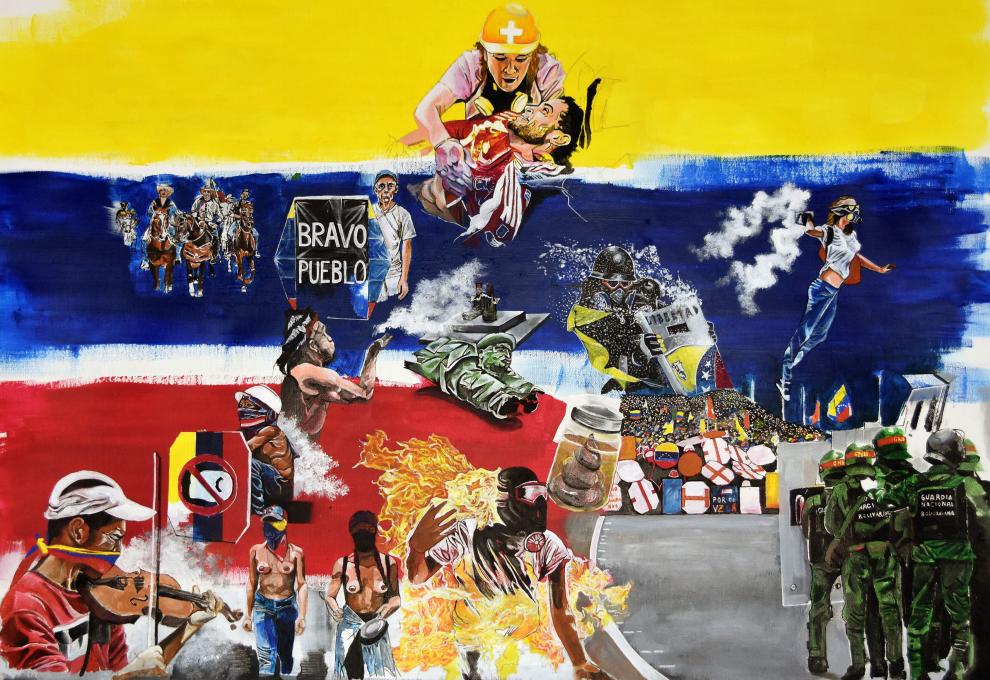Yes, you should make jokes involving Nazis
There is a general rule when it comes to jokes: they are an expression of risk-taking. The less you know your audience, the less you can be assured of the fact if they'll find your joke funny. This risk is particularly high when you joke about socially and historically controversial subjects. The Nazis have been joked about since they exist. Charlie Chaplin's "The Dictator" is just one of the famous example of Nazi parodies which appeared during World War 2.
https://giphy.com/gifs/charlie-chaplin-bouncing-40s-aB2xXDE6V94Zy
Laughter is what defies the seriousness of a political leader who might be turned into a martyr. The fact that a person like Napoleon doesn't find glorification in French culture, with his glorious attempt at expanding towards a majority of the European continent, is because British culture has mocked him a short and peculiar figure not to be taken serious. In fact, France is comparably deficient in its coverage of Philippe Pétain, the Nazi collaborator who reigned over the South of France during World War 2. Pétain is controversial in French history, because despite his collaboration, his defenders claim ambiguity of his role during the war, and he wasn't the target of French humour and mockery. By this standard, he has become this odd historical figure we is not the equivalent of Hitler, or Franco in Spain.
Offence is taken, not given
Not only should we laugh about Hitler. We must laugh about him. Especially in Berlin.
Now, can these jokes be insensitive towards the victims of the war crimes of the said dictators? Of course. Offence is taken, not given, so obviously people can be offended at these sort of jokes. However, this does not imply responsibility on behalf of those who tell the jokes: intention is everything. Think about it this way: a joke about WW2 would have a bad aftertaste if it was told by someone who is an actual Nazi. The humorous part about a joke involving WW2 is only shockingly funny if the person telling it doesn't have the said intention, as otherwise it would be nothing but a statement.
My own grandfather was forcefully drafted by the Wehrmacht and had to hide as deserter for years of German occupation. However, he didn't even hold grudges towards post-war Germans (talking about the 1950s here) and thought Chaplin's "The Dictator" to be hilarious.
We should rejoice in the fact that we have the freedom to laugh and joke, not chastise ourselves from dealing with our past in the most effective way. Yes, we learn about and from the past, but it's laughter that will hopefully ridicule the errors of that past, so that we never do it again.
https://www.youtube.com/watch?v=KgontSmBwv4



